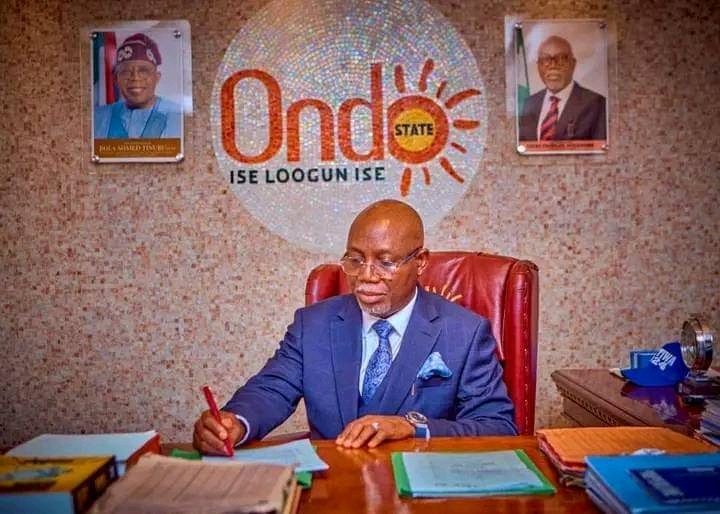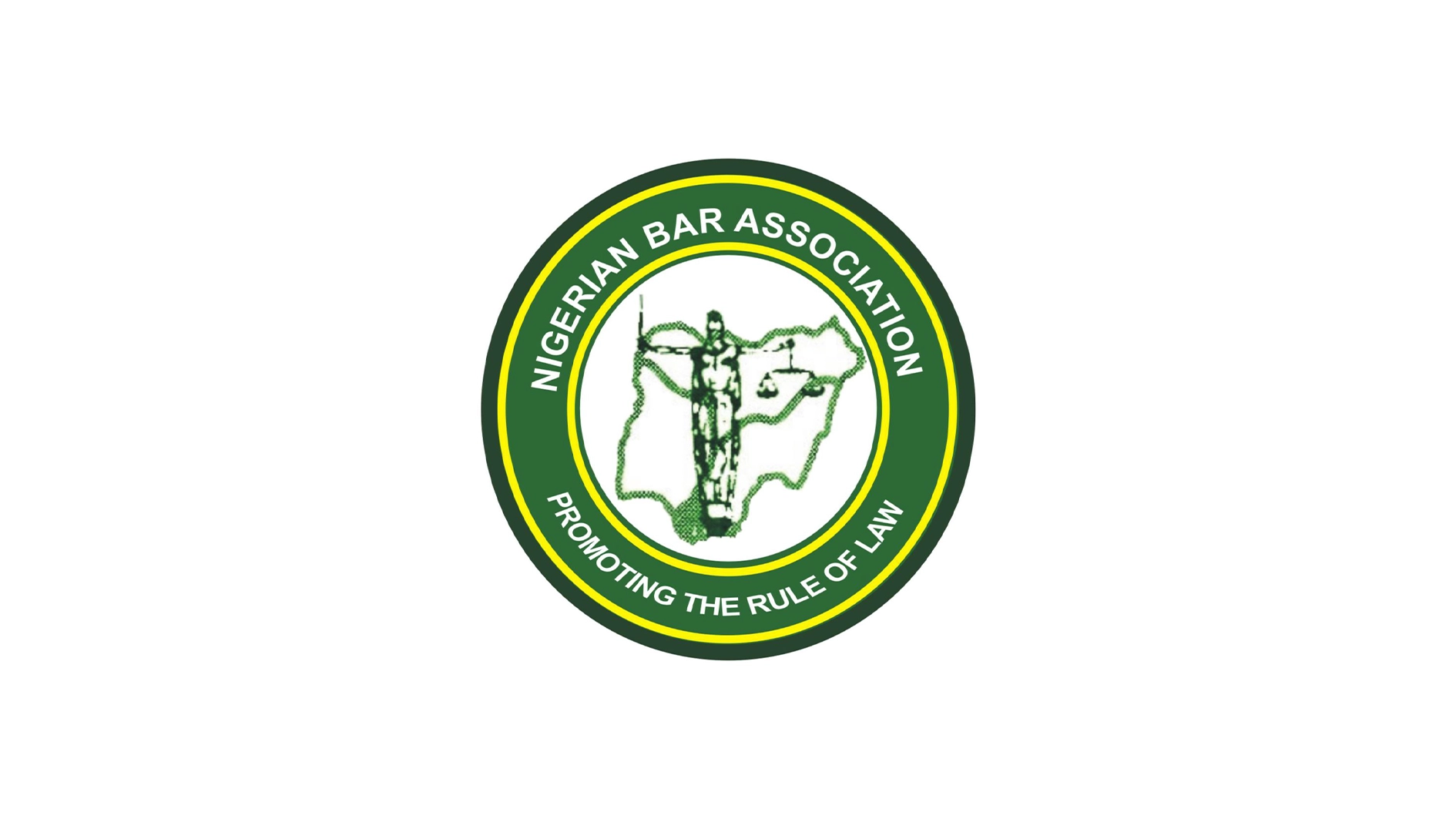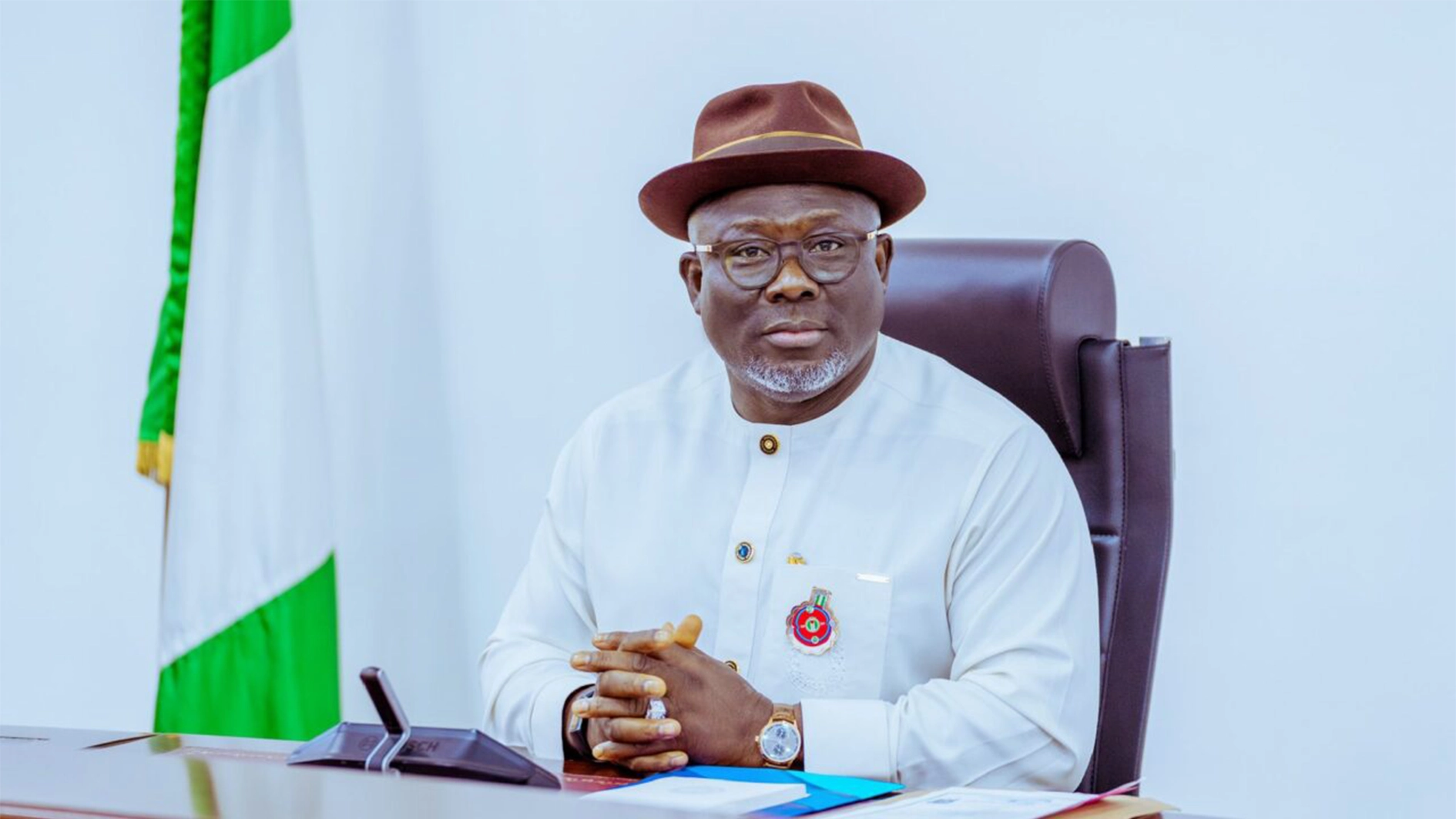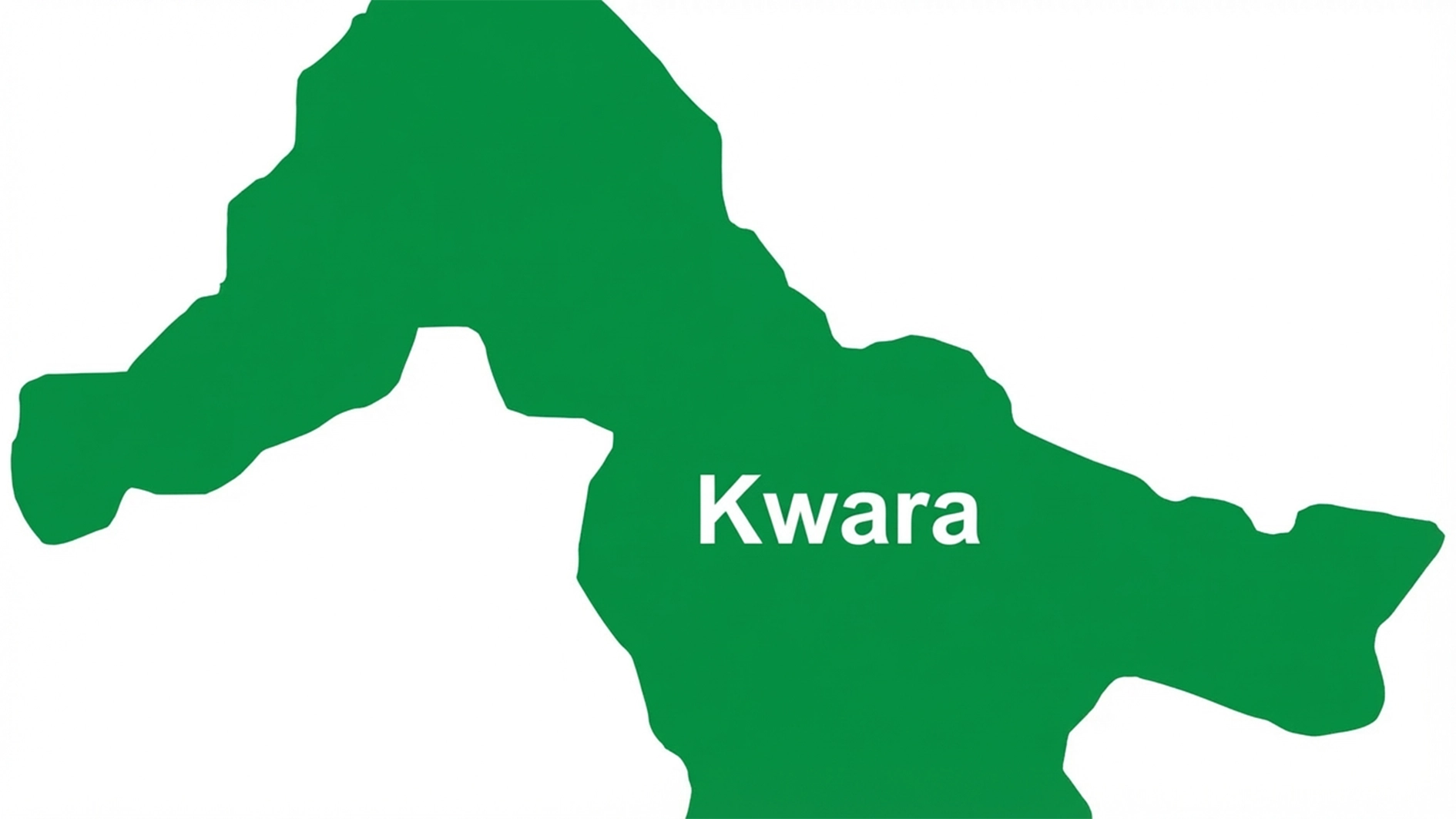A political crisis is brewing in Ondo State between Governor Lucky Aiyedatiwa and the elected local government chairmen in the 18 council areas of the state over the control of the monthly statutory allocations from the Federation Account Allocation Committee (FAAC).
With the chairmen alleging that the governor was financially crippling them, sources claimed the state government has continued to exercise control over councils’ finances through the state-local government joint account system.
While speaking through some of their colleagues, the council bosses, who craved anonymity over the sensitivity of the issue, emphasised that despite the July 2024 Supreme Court ruling, which granted financial autonomy to local governments, they still lack full control over their funds.
The federal government has delayed the direct transfer of local government allocations into the accounts of the 774 councils while continuing to deposit the allocations into their state-local joint accounts.
According to a chairman from one of the state’s top-revenue-generating councils, when the FAAC allocation is released, the state government disburses what each council is entitled to into their accounts, after which they are compelled to return a substantial part of the funds into the Ministry of Local Government and Chieftaincy Affairs account.
He said: “We are only entitled to a sum of N4 million monthly from the FAAC funds allocated to us, while the substantial part of our funds is controlled by the state governor.”
He further alleged, “You know we are still operating a joint account for the local government funds, and when the FAAC allocation is released, they will disburse what each local government is entitled to, but we are made to return the substantial part of the funds into the Ministry of Local Government account, while we are left with N4 million.
To substantiate his claims, the chairman cited specific examples from the June FAAC allocation, which he said is publicly verifiable. “For instance, in the last FAAC for June, some local governments received N644 million, N590 million and N405 million. You can verify this from the BudgIT website. So, despite this huge allocation, the chairmen are only entitled to N4 million to run the councils.”
For another chairman, the state government had tried to justify the development, stressing, “What we learnt was that the reason the state government is still managing our funds is because some of the local government responsibilities, such as primary healthcare, basic education, and the funding of Amotekun, are still currently under the supervision of the state government.”
He, however, described the move as exploitative, stating that “Even if the state government controls the fund, we should not be left with N4 million. To do what? It is not even enough to run the local government office. The main reason President Bola Tinubu approached the Supreme Court for local government autonomy was because of his eagerness to take governance to the grassroots.”
The council’s bosses lamented that their inability to access funds has rendered them ineffective six months into their tenure. “None of us can boast of any developmental project we have executed. We have ideas to implement the President’s Renewed Hope Agenda at the grassroots, but we lack the financial means,” one chairman confessed.
The chairmen, who are members of the same ruling All Progressives Congress (APC) as the governor, revealed that a planned meeting with Aiyedatiwa has been stalled because some colleagues fear being labelled as disloyal. “We are not begging for much; if 20 per cent of the money meant for the local government is released to us, you will see changes at the local level.”
Aiyedatiwa recently clarified his stance at a four-day sensitisation training for local government officials in Akure in late July, stating that his administration is not against local government autonomy, “but it must be effective; it must be exercised responsibly and in accordance with the legal framework established by the constitution and relevant laws.”
Meanwhile, the Association for Good Governance Advocacy (AGGA) has urged President Bola Tinubu to implement full financial autonomy for local governments nationwide as soon as possible.
In a statement issued and signed by its coordinator, Mrs Folakemi Benson, and made available to newsmen, AGGA said apart from Lagos State, where council chairmen enjoy full autonomy over their funds, no other state in the federation allows local governments total control of the allocations accruing to them from the federation accounts.
The group stated, “We are compelled to ask the federal government why it is still delaying the direct payment of local government funds into their respective accounts. The Supreme Court’s landmark ruling in July 2024 affirmed this autonomy, yet one year later, implementation remains stalled in most states, allowing governors to continue mismanaging the funds.
The group called on President Tinubu to enforce direct allocations to local governments, bypassing state interference, to empower chairmen to deliver on their mandates and revive grassroots governance.
When contacted, the Commissioner of Local Government and Chieftaincy Affairs in the state, Amidu Takuro, described the allegations as politically motivated, stating, “That is not true. Maybe they can come out openly to speak, because there is no secrecy in this system. If anybody is not in agreement, they should come up openly. We are all under the same political party, under the leadership of somebody. I doubt if any of them can truly say that.
“What the government has been doing for them is a unanimous decision. It is not something enforced on anybody. It is an open system, an open-door policy. The money is in their accounts, and anybody can come and check. Whatever we are implementing is through their budget provision.
“Are they not going to pay the salary of their workers? Is it not still the government paying on their behalf? We have the Local Government Service Commission, we have SUBEB, we have the Pension Board, training schools, and the loans board. All these are deducted from their own percentage of the money. Teachers’ salaries are deducted, workers’ salaries are deducted, and pensioners too.”






